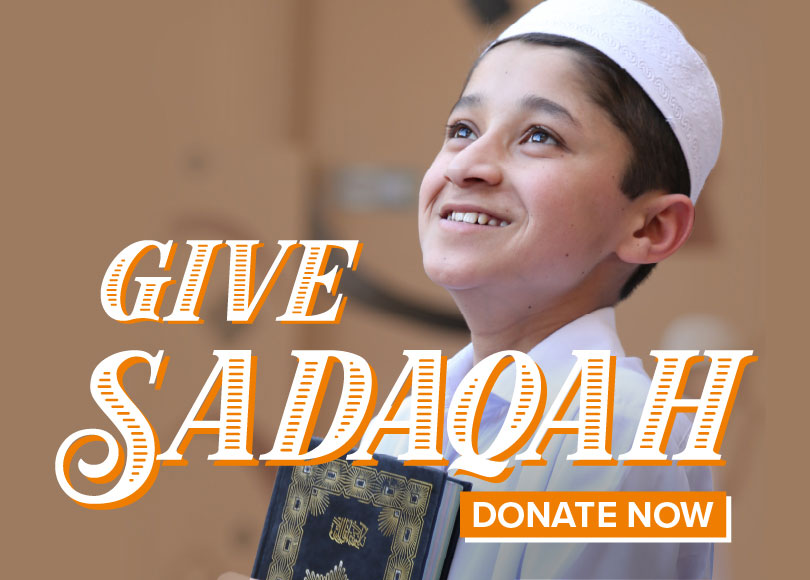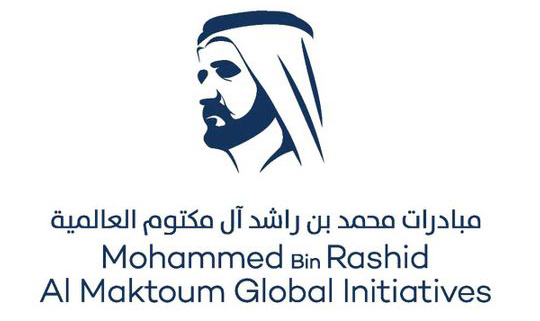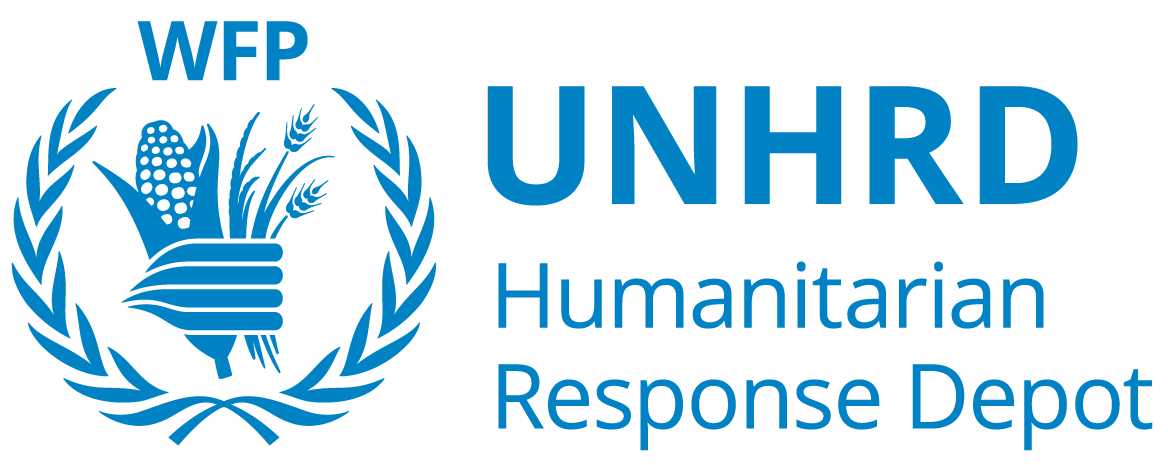Zakat and Sadaqah
While Zakat is a form of giving that is obligatory and due from every Muslim on a yearly basis, Sadaqah is entirely a voluntary form of charity which can be performed at any time of year, and any amount can be given and can be used for any project or programme which is of benefit to people.
A number of sayings of the Prophet (SAW) emphasise the benefits of giving Sadaqah.
An important concept within Islam is the idea of Sadaqah Jariyah – an ‘ongoing charity’.
The Prophet (SAW) said:
“When a person dies, all their deeds end except three: a continuing charity, beneficial knowledge and a child who prays for them.” [Muslim]
Therefore, many Muslims are eager to give charity which will continue to have benefit to people after their death, and continue to earn them reward.
$70
Can provide a student with a starter pack for their school year
$300
Provides safe and clean drinking water to a community in Sri Lanka
$400
Provides safe and clean drinking water to a vulnerable community in either Bangladesh, Pakistan, India or Nepal.
$800
Builds two wells providing safe and clean drinking water to a vulnerable community in either Bangladesh, Pakistan, India or Nepal.
Any form of charity that continues to have long-term positive effects on a vulnerable and poor community, can be considered a Sadaqah Jariyah: building homes, schools and hospitals; installing durable water systems; turning an area of land into a farm which continues to give crops for years to come; helping a poor family start a business which continues generating profit for future generations…
Within the International Aid Sector, the Islamic charitable giving term “Sadaqah Jariyah” is also referred to as a Sustainable Solution and encompasses the majority of the sustainable development programmes carried out by both Islamic and other NGOs today.









 Penny Appeal in the region:
Penny Appeal in the region: